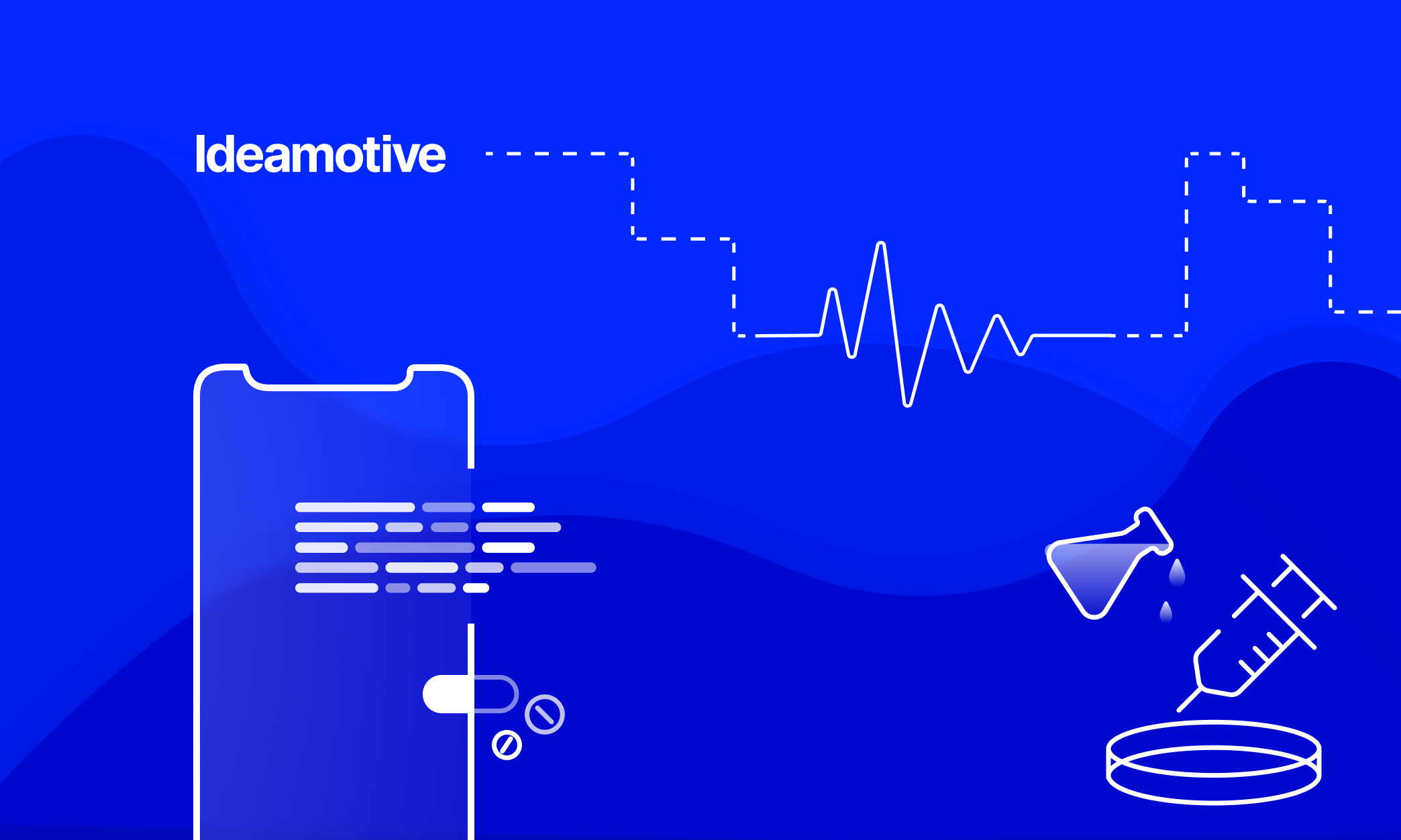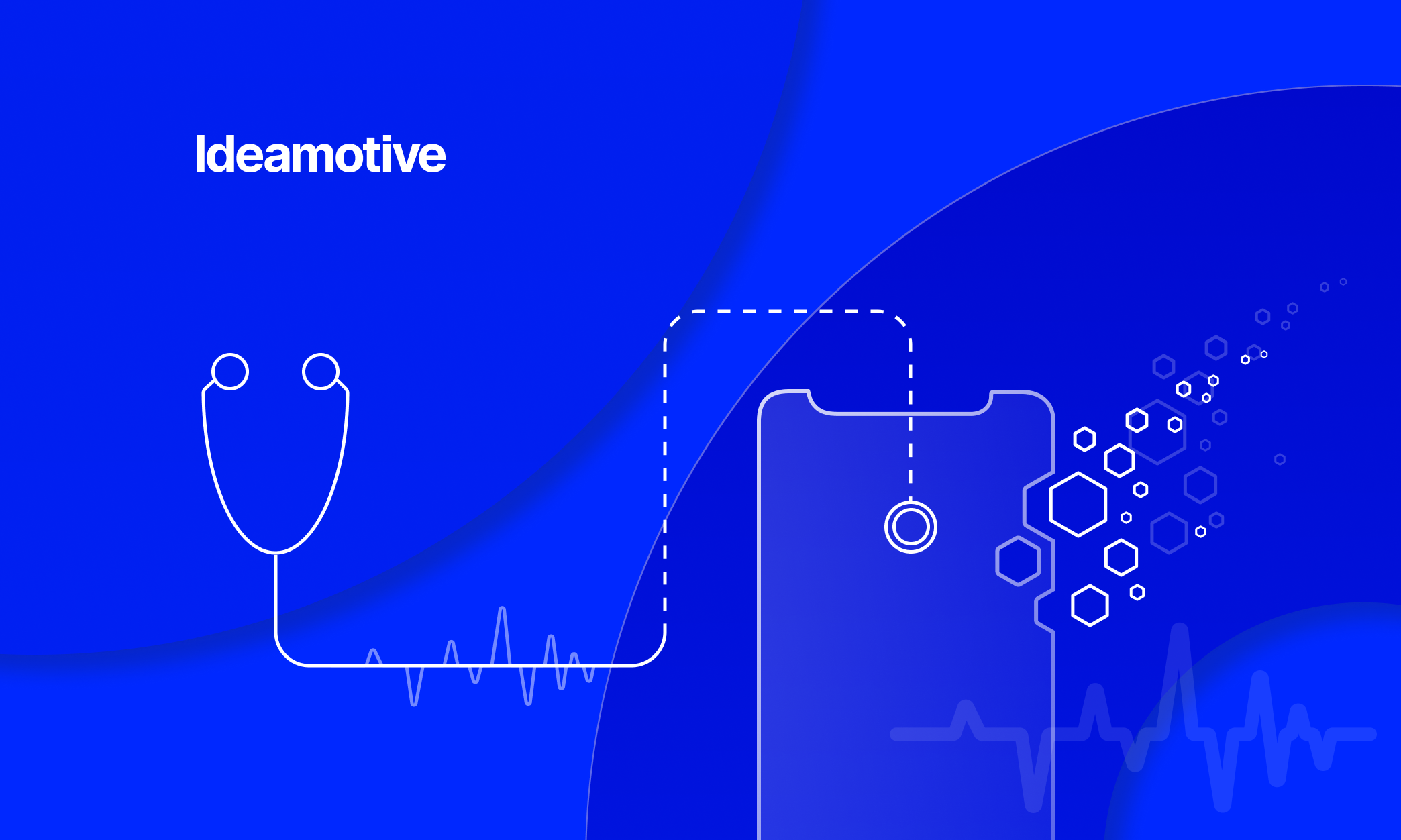Hire Software Developers, Designers And Consultants For Medtech Industry
Matched with your technology, product specifics and company culture.
Our rating on
Delivering exceptional MedTech development talent swiftly and smoothly.
Diverse Source Of Talent
- Freelance network of vetted MedTech-experienced developers and designers
- Top software companies from the CEE region
- Ideamotive's core software team
Streamline Hiring Process
- Only pre-vetted talent and trusted partners
- MedTech development experts matched with your technology, company culture and project type
- Shortlist of talent under 24 hours
Ultimate Business Support
- Your dedicated Talent Specialist
- Payments, insurance, legal and admin taken care of and united under one invoice per month
- Talent management and performance reporting during whole collaboration
Startups, scale-ups and enterprises build their teams with Ideamotive
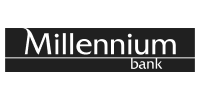
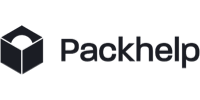
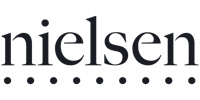
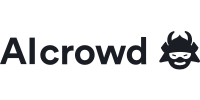
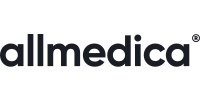
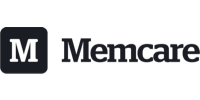
How to hire MedTech developers with Ideamotive?
Tell us about your business requirements
Talk to our advisor about your exact needs, product specifics, and team dynamics. The more we know at this step, the better the future match will be.
Get the shortlist of talent under 24 hours
Based on the interview, we will shortlist MedTech developers and designers best suited for your needs.
Hire and onboard with a money-back guarantee
We will onboard the talent and take care of all payments, insurance, reporting, and other dull processes. There is also a 7 days money-back guarantee after the project's kick-off.
Need a talent for 2 years, or 2 weeks?
Staff augmentation allows the team to expand based on real demand.
We’ve been extremely satisfied. We work with multiple partners, but they’re our main supplier because of the quality of their work.

Håkon Årøen
Co-founder & CTO of Memcare
Ideamotive has a huge pool of talent. Don’t just settle for someone: find a person who understands your project and has the competencies you need.

Julian Peterson
President, Luminate Enterprises
They understand and navigate the industry to deliver an outcome that will truly stand out. Despite a heavily saturated market, they’ve delivered creative solutions that I haven’t seen before.

Adam Casole-Buchanan
President, Rierra INC
They are very flexible, providing a team of developers on short notice and scaling the size as needed. Their team meets tight deadlines, including some that only give them a few hours to do the work.

Sylvain Bernard
Event Manager, Swiss Federal Institute of Technology Lausanne
Rated 5.0 / 5.0 by clients from various industries and locations.
Our Software Development Success Stories
AURA: building a mobile app with React Native for a medtech startup from London
How did our experts create a diagnostic mobile app with highly intuitive UX/UI fit for elderly patients from scratch?

The design is accessible for many users, making the project a success. Ideamotive was organized and communicative throughout the engagement. As a result, they have a strong partnership.
Silvia Novak, Head of Product at Entia Ltd
Close
Luma: building a cross-platform mobile app for visualization of blood results.
How we created a diagnostic mobile app for scanning blood test results with QR codes from IoT medical devices with visualization of results and data management.

They’re really good. They’re super responsive, which I really love. The communication was always great and it was super easy to understand them from a project perspective and to be able to share what we wanted.
Alexandra Ponomarenko, Product Manager, Luma
Close
Allmedica: genetic algorithms as a key to the happiness of doctors and patients
How did we optimize the work of the medical clinic network, eliminate "empty slots" in doctors' work and increase profits?
Packhelp: providing the right set of tech talent for a fast-growing startup
How we advanced the work on a new product and made it possible to meet the deadlines from investors
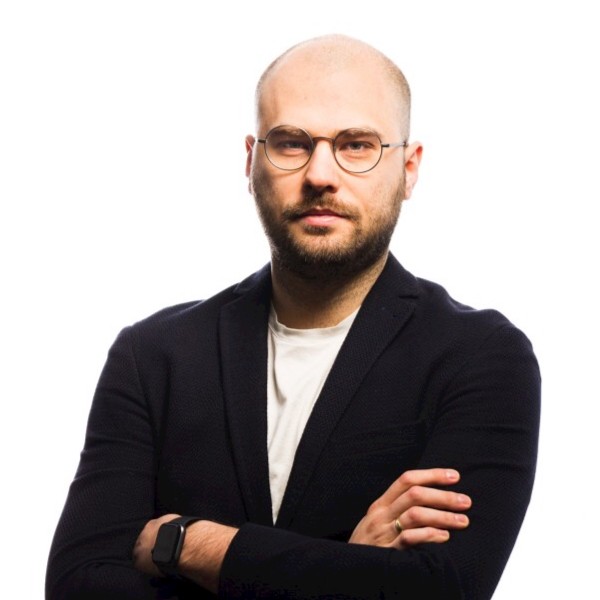
They provide good, steady work, and I can trust them. They’ve never failed, and we don’t have any problems with them.
Arkadiusz Wasilonek, CTO & co-founder of Packhelp
Close
Build Groundbreaking MedTech Products With Our Experts
Keep data secure
Prevent dangerous data leaks. Make patients trust you by introducing cybersecurity solutions that stay reliable.
Deliver reliable hardware and software
Build IoT products that change patients’ lives for the better. Secure your hardware-software connectivity with the help of our experts.
Utilize revolutionary tech
Go from a great product to a groundbreaking one. Our MedTech experts can help you utilize VR, AI, and other revolutionary technologies.
Build life-changing experiences
Keep reaching new heights with the power of data. Understand your customers’ needs and find solutions that will make their lives better.
Putting Together a MedTech Development Team — What Should You Know Beforehand?
While the term MedTech might sound relatively novel, it refers to a technological shift that has been taking place since the previous century. For example, MRI technology — one of the major examples of a MedTech solution — has seen its development peak around the 1980s.
Nowadays, however, MedTech is becoming truly widespread and present in the daily lives of regular citizens. Why should you and how can you invest in MedTech development? We look behind the scenes of this incredibly lucrative industry (estimated global revenue in 2019 — 457 billion dollars!) in our guide below.
What MedTech products are there?
Every year we see new innovative solutions revolutionizing the MedTech industry, both on the micro and macro scale. Although MedTech has always been very highly linked to the use of external devices built specifically for medical use, current solutions are more and more often software rather than hardware-based.
Taking all this into consideration, what are the most common MedTech development areas that you might want to invest in?
- High-level complex medical devices — Once again, a good example are MRI machines. Such medical devices are the most difficult and time-consuming to build, both on the hardware and software side, and they also require a very high budget. However, as these devices are bought by medical professionals and hospitals, they often bring the highest revenue.
- Medical IoT (Internet of Things) devices — Much smaller in size and more often targeting directly patients. There is a huge selection of them and companies worldwide manage to tackle virtually every medical problem that exists. Some examples include inhalers for asthmatics that provide a regular diagnosis of the patient’s condition, small wearables informing medical staff about the location of patients with dementia, or insulin pens with tailored smartphone apps.
- Apps utilizing existing wearables — Apple Watch and its competitors made self-diagnosis more common than ever before. Filled with multiple different sensors, advanced smartwatches can provide insightful and detailed information on the user’s health condition. These sensors can also be utilized by third-party MedTech development companies who build watch and smartphone apps tailored to the needs of specific patients categories.
- Medical and health apps — Finally, there are purely software-based solutions. They can be tackling medical-related problems in a variety of ways. On one hand, these could be apps for the general public, such as feminine health apps (including menstrual cycle tracking); on the other, this could also be software for doctors and other medical staff, such as desktop apps helping with the management of patients' documentation.
The most important technologies for successful MedTech development
Unlike many other industries, picking the right technological stack for a MedTech product isn’t easy. There is a huge difference between developing desktop software for doctors, a small mobile app for casual users, a huge medical device, or an IoT solution.
Because of this, instead of a standardized list of technical skills that a MedTech developer should possess, we list some of the most important technological trends in the MedTech industry. Depending on which of these you will want to leverage, you will need a different set of MedTech development experts on board.
- Internet of Things
Effective IoT MedTech development requires both hardware and software expertise. Some of the most important skills in this area are:
- experience with sensors and network connectivity
- knowledge of relevant programming languages (most commonly used ones are C, C++, Java, Python, and JavaScript)
- experience with database management (SQL/NoSQL)
- experience with cloud platforms (most popular ones are AWS, Microsoft Azure, and Google Cloud)
- experience with API development - Apps for wearables
Most wearables are based on Android; the one that stands out is surely the Apple Watch, based on the special version of Apple’s mobile operating system. Therefore, to reach as many users as possible, you will most likely want to hire mobile app developers experienced in native Android development (with Java or Kotlin) and native iOS development (with Swift). Alternatively, you can also use some cross-platform development solutions, which allow developers to share a significant chunk of code between different versions of an app. One of such tools, Xamarin, offers full support for both Android and watchOS development with C#. - VR and AR
Virtual and augmented reality are two technologies that are slowly getting traction in many industries, but they seem to be specifically important for MedTech. Especially VR can become a true game-changer — doctors already use it to run surgeries remotely and others develop VR experiences serving as a kind of therapy. VR products are usually developed using GPU-heavy video game engines like Unreal (C++) or Unity (C#). - AI and machine learning
Complex AI and ML algorithms are what drives most diagnostic tools on the market today. Such solutions can be developed using many different technologies — popular programming languages for AL and ML are Python, C, C++, and Java.
Whether any of the above trends match the product you are developing or not, we recommend you to review your unique needs with a software consultant or an IT project manager experienced in MedTech development. They will be able to clarify what types of developers and other experts you exactly need and what tech skills should they have.
Always remember about cybersecurity
When it comes to MedTech development, cybersecurity is especially important. IoT products, for example, are one of the most common targets of hacker attacks as they are often left unprotected and vulnerable.
Make sure to tackle this problem early as medical data is one of the things that people want to keep to themselves and their relatives. If you let data leaks and other cyber breaches happen, the patients might be too afraid to use your solution.
There are, of course, many ways to keep your product cyber-secure but it’s important to note the current developments in the area of blockchain. It’s a unique way of transferring data securely by utilizing the power of distributed computing — data is saved on a huge number of devices so a hacker would need to alter the data on all of them, which is virtually impossible.
Soft skills crucial in MedTech development
While the required hard skills may differ case by case, project by project, the most important soft skills for MedTech development stay the same. These are:
- Attention to detail
To deliver results that patients can truly rely on. - User empathy
To design the product around the patients’ needs. - Desire to learn new things
To strive for exploring the industry and designing innovative solutions that can change the lives of patients.
The importance of previous MedTech experience
Even if the developer you hire has all the skills you want them to have, you should still make sure that they have previous experience in working within the medical industry, preferably specifically in a MedTech company. Medtech development requires a much different attitude and approach than other industries — remember that your solution will be directly impacting the health of other people.
Additionally, having such experience guarantees that your new MedTech development expert will be able to deliver results faster and more efficiently than a developer coming from another industry. The more the developer matches your company and unique project, the better the results both in the short and the long term.
Assembling your dream MedTech development team
We understand how difficult it can be to onboard all the MedTech development experts you need to take your unique product to the market. Your new hires need not only to have the highest level of expertise in relevant technologies but also have previous experience within the medical industry. In some local markets, such professionals are a true rarity.
That’s where we come in. At Ideamotive, we run the industry-leading network of IT talents from all specialties, including experts in MedTech development. Reach out to us and we’ll match you with professionals who truly fit your project and can deliver results beyond your expectations.


Looking for a similar type of tech talent?
Read our featured publications and articles
Hi, I'm Michał
MedTech Developers are in high demand right now.
Let me help you find the best solution that suits you.
Schedule a Call With Me
